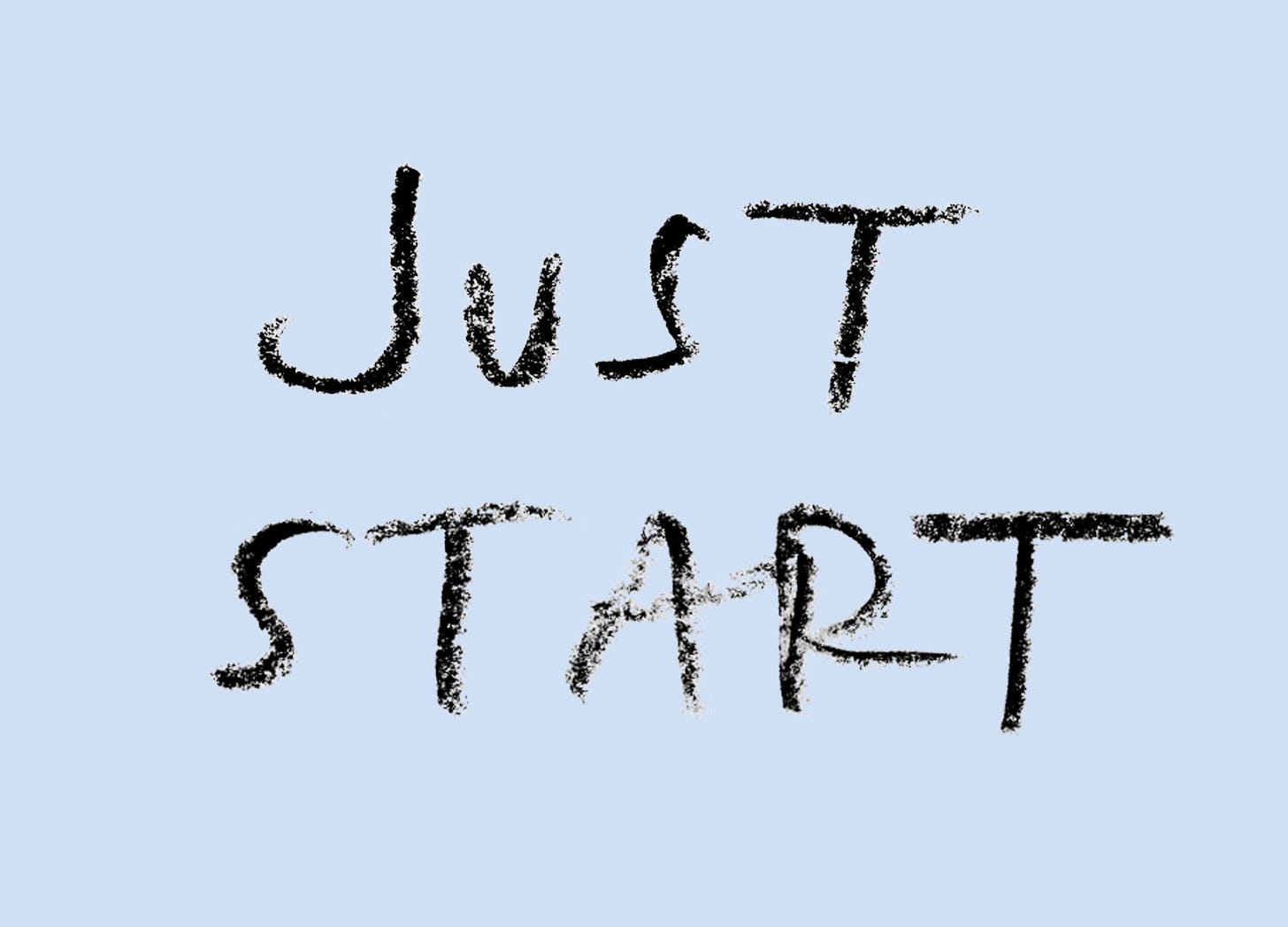don't blow in the cartridge
Why your creative rituals may be holding you back more than they help.
Are you old enough to remember blowing on your cartridges?
Every now and then, a game wouldn’t load properly on the Nintendo Entertainment System. The screen would flash, there’d be static, no game.

Whenever this happened, you’d dutifully pop Super Mario Bros. or The Legend of Zelda out of the machine and blow into the slot on the game cartridge. Then, you’d slide it back in again. Sometimes the game loaded after that, and sometimes it didn’t.
(I miss the excitement of physical media.)
Were we blowing dust out of there? Maybe! Didn’t give it much thought. I blew because I’d seen others do it, never inspecting the tiny gold contacts or otherwise checking for damage. And hey, often it worked when you tried again. Or a few more times, anyway.
I was a science kid, but I never broke out a lab notebook to A/B test blowing versus not blowing. (It wouldn’t have taken much effort to conclusively confirm that blowing makes no difference to whether an NES game loads the next time.)
In the sense that this was an unexamined, unreliable, but comforting practice, blowing on the cartridge was more of a ritual than a repair. An offering to the Nintendo gods, along the lines of burning incense or making an offering of dried fruit. And eventually, if I kept trying, the gods took pity, the game loaded, and I could go save the princess. Or go save the other princess.
Just as I assumed blowing into a cartridge was somehow relevant to getting my Nintendo to work, we all have rituals we consider essential for doing our creative work, usually based on a tiny data set. In fact, usually because “I had a pretty good writing session the first time I tried it.”
Ritual blooms in every area of uncertainty. When we don’t see a big cause-and-effect between the actions we take and external results, rituals accumulate like barnacles on a hull. And nowhere is the correlation between cause and effect harder to spot than in the realm of creativity. You have good days and bad days, and that’s all you’re ever going to know about that. There’s a reason “writing routines” are such social media catnip.
While psychologists argue for the positive value of ritual for performance, when it comes to writing, remember there’s a line. You can go overboard with the barnacles, to mix nautical metaphors. It gets so that you’ve got so many requirements to meet and procedures to follow that you never get around to putting words on the page.
That’s why it’s worth stepping back from your desk and giving a solid think to your writing compulsions. The actions you take, the physical setup you require, the time of day—everything lumped under Ideal Working Conditions.
“I can’t write without my coffee.”
You can. You might write even better, in my experience. Good writing doesn’t always feel good while you’re writing it. Often, it feels like a pointless and painful slog; you only see its quality in retrospect. And believe me, some of my worst writing has happened in an undeniable flow state.
Rituals can help performance when introduced thoughtfully and managed with common sense, but unchecked, these “necessary” behaviors can easily slip into superstition, becoming perfectionistic obstacles to sitting down and getting to work. Any build-up to the main event is a dangerous addition. Starting is scary even for experienced writers. I’d say your best bet is to hop into the deep end without any prelude.
In “The Pez Dispenser,” a classic episode of Seinfeld, George dates Noel, a pianist. Jerry and Elaine join him to see Noel’s concert. Afterward, they can’t help but wonder:
Elaine: How do they warm up their fingers?
Jerry: They have a piano backstage they warm up on.
Elaine: No, we would have heard it.
Jerry: What, do you think, they just crack their knuckles and come out?
Later, they meet Noel:
Jerry: How do you warm up your fingers before you play?
Noel: I just crack my knuckles.
Start. No warm-up. Butt to chair, fingers to keys, go. I promise you won’t strain anything. It’s like getting into a cold hotel pool: the longer you spend “getting used to the water,” the more you’ll suffer, and the more likely you’ll be to bail and return to your room.
Stop blowing on the cartridge. Sit down and play.




This is perfect timing for me. I have a writing project I want to start, AND I had to blow on a Nintendo Switch cartridge to get it to work last night and was mentally transported back about 30 years in time for that moment.
Writing is a great warm up routine for writing. By the time you get to the fourth paragraph, you’re warm.